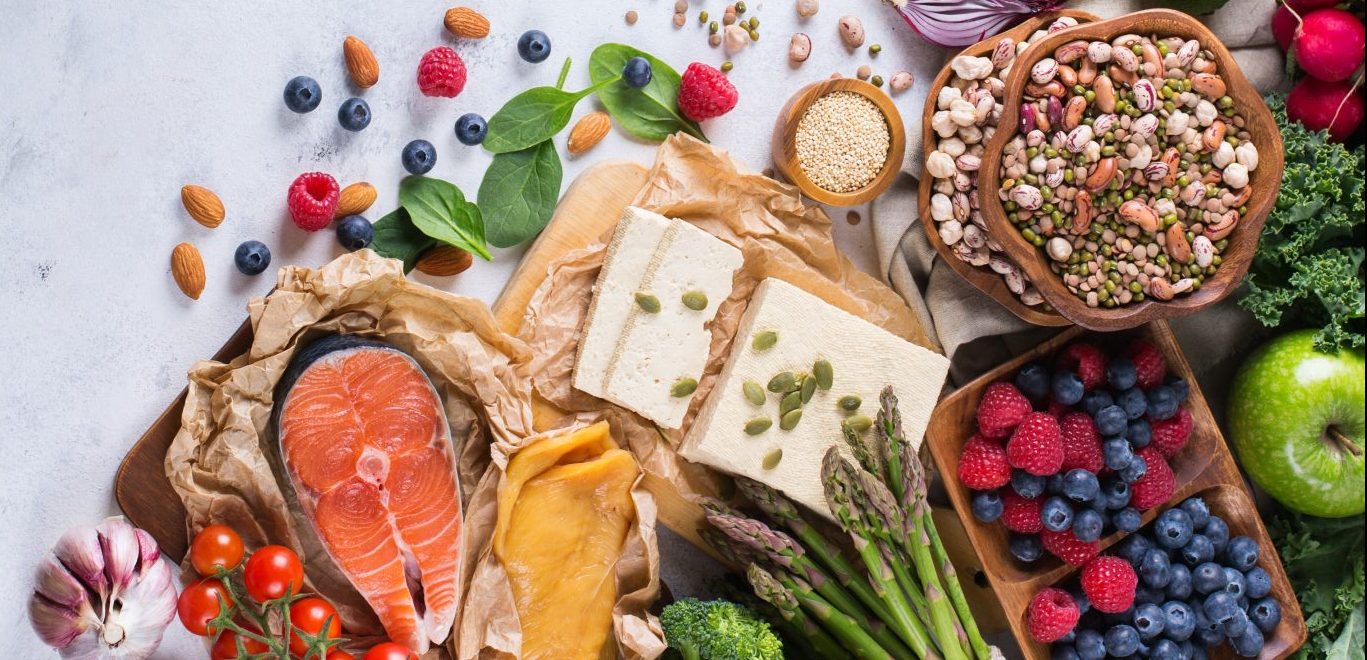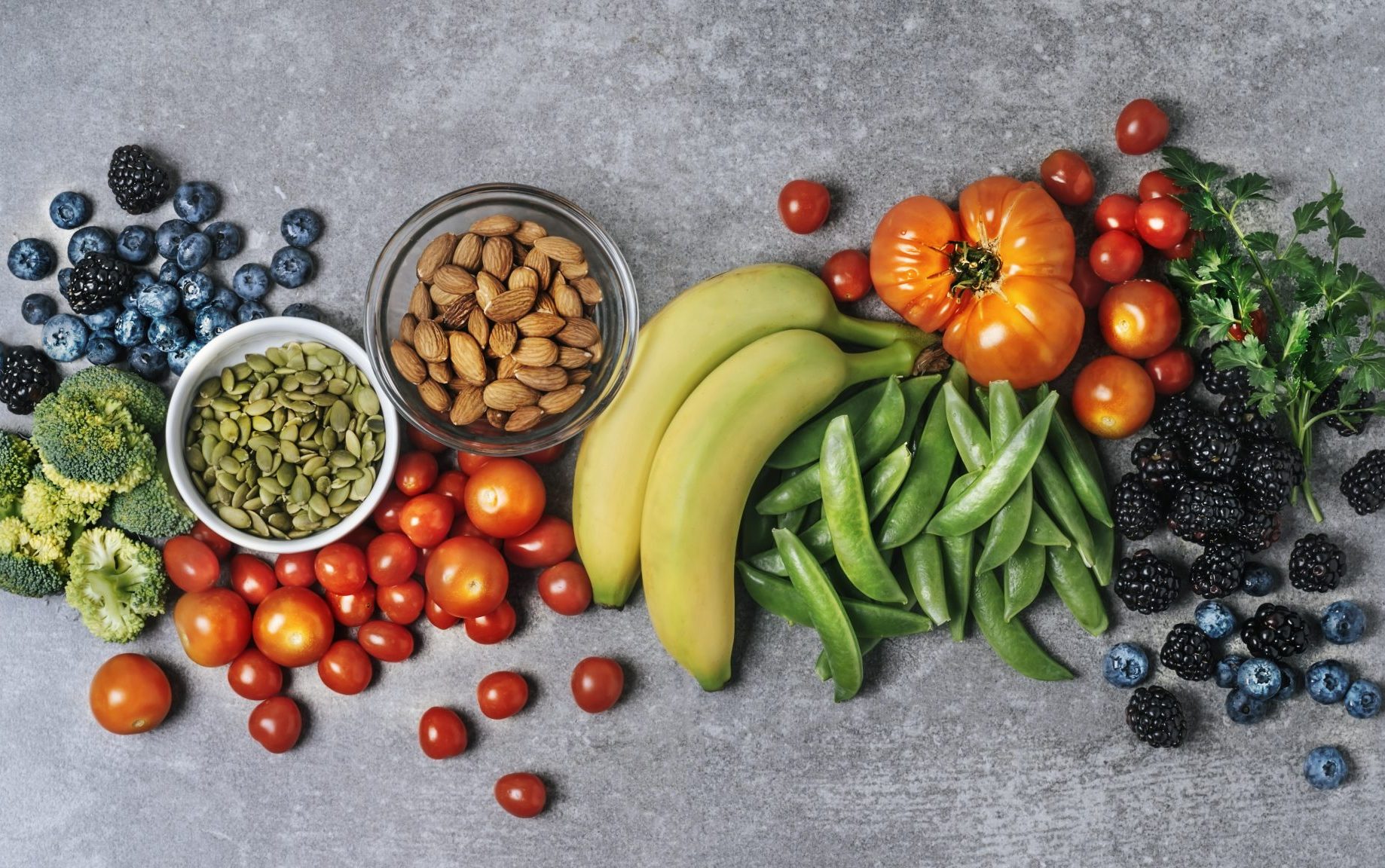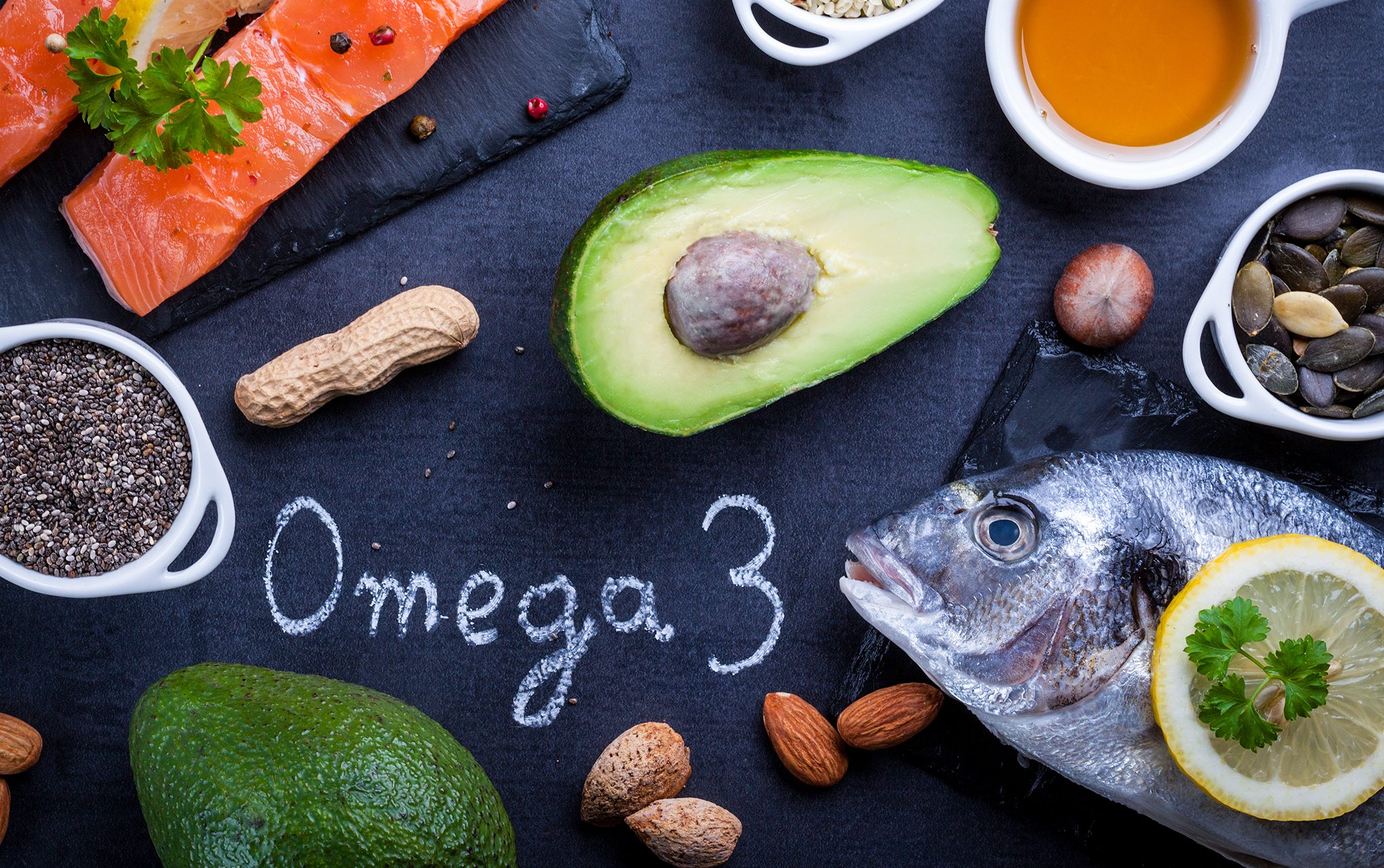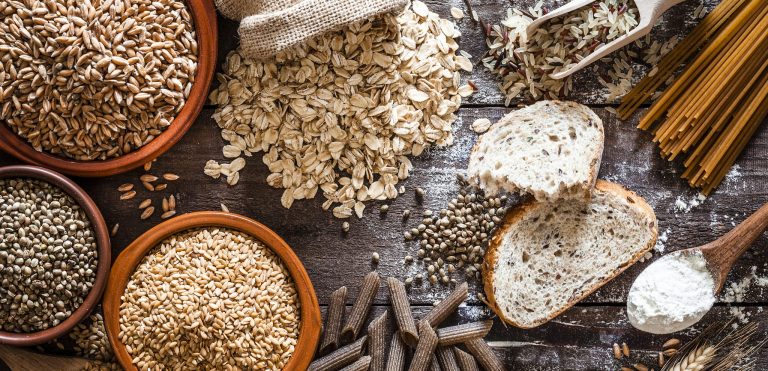Inflammation is a good thing gone bad. Once it becomes a chronic condition, it can contribute to such ailments like various autoimmune disorders, heart disease, rheumatoid arthritis and even cancer.
So, instead of spending time, money and effort to fight off the symptoms of certain ailments, focus on boosting your immune system. That’s where a healthy eating lifestyle comes in – adhering to it is like upgrading your body armor against infections and viruses. Once you get familiar with its principles you’ll be able to make a smooth and easy transition to an anti-inflammatory diet.
What is inflammation?
Inflammation gets activated in the wake of unexpected invasion of viruses, bacteria, fungi and other uninvited guests. It starts out as a mere defense against the invaders. This is when our immune system brings in the white cells (its little helpers) to fight them off. But if, for some reason, the inflammatory process continues for far too long, it goes out of control and becomes chronic.
Instead of provoking our immune system and inflaming it even more, we can give it a helping hand.
Spot the signs early
Usually it’s not that hard to tell if you have inflammation or not. Cough, fever, injuries and scratches, stomachache and so on – all point straight to it. These processes are natural and healthy, and only mean that your immune system works like clockwork protecting your interests.
Whereas chronic inflammation is this whole other thing. It’s an ongoing process that’s not that easy to spot at first. If you have any of the below symptoms your doctor may want to measure your C-reactive protein, a marker for inflammation:
- You feel drowsy and tired more often than usual
- Gut problems (gas, constipation, bloating)
- High blood sugar levels
- Skin problems like acne or eczema
- You started to have allergies out of the blue
- You feel bloated or have a swollen, puffy face
- Bleeding gums
- You are much more prone to viral infections
- You’re constantly stressed-out, anxious or even depressed.
- Erectile dysfunction (for men)
Can I control it?
This simple advice can be a big help in your crusade against inflammation:
- Protect yourself against environmental imbalances. This includes cigarette smoke and toxic commercial cleaners.
- Make sure you get to do enough physical exercise. Daily activities activate your immune cells making your body more resistant to infections.
- Don’t underestimate stress and the power of calm and balance. Explore the benefits of meditation and mindfulness. Use their power to be better prepared for hiccups and curveballs that life will inevitably throw your way.
- Choose your food products wisely. And this brings us to a proper diet.
What is an anti-inflammatory diet?
In a nutshell, it means sticking to the diet plans that encourage you to eat foods which help reduce or prevent inflammation. A typical diet of that kind makes an emphasis on fruits and vegetables, legumes and lentils, fatty fish and organic meat, fresh herbs, smoothies, seeds and spices, nuts, whole grains, healthy fats and more.
Ongoing inflammation can be easily provoked by wrong foods and other promoters. That’s why it’s important to choose your food carefully and even change some of your eating habits.
If you’re on a battlefield doing your best to fight off inflammation, you may want to look into some examples of diets aimed to help you out:
- Mediterranean
- Plant-based
- Vegan
- Vegetarian
How to reduce inflammation with diet
Follow these natural ways to optimize your health and dial down unpleasant and unwanted conditions:
1. Eat a varied and well-balanced diet
This point somehow stands out and can be attributed to all of the below principles. Cooking one meal and then eating over the span of the week never is a healthy decision. With the diet you should introduce a healthy balance of fats, fiber, carbs and protein. And also make sure your body meets its needs for nutrients, minerals, vitamins and antioxidants.
2. Lean toward fish and other foods rich in omega-3
Omega-3 has proven to have beneficial anti-inflammatory properties that can lower the risk of a number of chronic conditions. Men should aim at consuming 1.6 grams of omega-3 fatty acids, while women are good to go with 1.1 grams. Try eating fish at least three times a week. But besides the obvious, omega-3 can be also be found in seafood, flaxseeds, avocado, walnuts, beans and vegetable oils (canola, flaxseed, soybean, walnut and other). Sometimes your doctor may recommend you take supplements.
3. Go for natural sweeteners instead of refined sugars
Both white sugar and artificial sweeteners trigger unwanted processes in the body and can make things even worse. You can easily do without them, you just need to give it a try. All your favorite fruits are loaded with phytonutrients. You can sweeten your meals and beverages naturally. Like by adding honey, stevia or black cherries to your tea, eating apricots, apples, watermelons, carrots. To add flavor, go for herbs and spices famous for decreasing inflammation in the body.
4. Get rid of sunflower oil and all sorts of shortenings
Eliminate trans fats from your diet. Instead, increase the daily use of olive, flaxseed, canola, sesame and coconut oils known for their immunity-boosting powers. Coconut oil serves as a perfect substitute for the sunflower one for everyday cooking, including frying. Olive and other oils from the list are great for dressing the salads. Once you make a switch, you probably won't want to go back.
5. Avoid processed foods
All the highly processed, fatty, greasy foods are the last things you’d want to feed to your body. And this, of course, includes processed meat, all of fast-food, chips, pretzels, candy, cookies, biscuits, cakes, white bread. Soda and alcohol also need to be completely eliminated. Choose multigrain flour over white flour, wholegrain pasta over white pasta. Organic meat and fish need to replace their processed alternatives.
6. Gorge on vegetables and fruits
For starters, fruits and veggies are rich in fiber which makes them an excellent choice for improving a neglected health condition. They fill you up with phytonutrients, vitamins and antioxidants. So, try eating at least 7 servings of different fruits and vegetables every day, which is, of course, doable but harder than it sounds.
There’s always a silver lining. Chronic inflammatory processes can be helped and, in many cases, reversed. Be on a lookout for early symptoms, stick to an overall healthier lifestyle, remember to decompress and unwind and get enough sleep. But most importantly, delete highly inflammatory foods, that have been mentioned in this article, from your diet.







